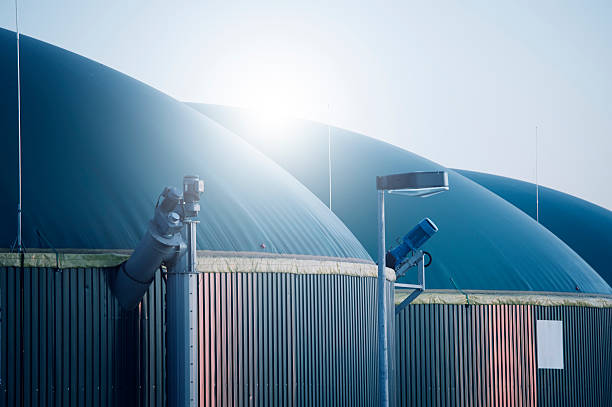Austria can replace up to 20% of Russian energy imports with biogas, subject to a legal framework, Wiener Zeitung reported.
Economist Christian Helmenstein is convinced that his country is quite capable of mastering the transition to the so-called renewable energy sources.
The energy crisis associated with the limitation of supplies from Russia is forcing European countries to come up with new ways to survive in the modern economic and political reality.
In this regard, Austria decided to engage in energy transformation to go through this path in the shortest possible time, moving in giant steps.
Helmenstein considers Russia’s actions to limit energy supplies to Europe to be competent only in the short term. He clearly states that this situation has only pushed his country towards new decisions and movements.
“The fact that Russia currently limits supplies so severely is only reasonable in the short term. If the supply volumes were maintained, we would not have the effect that we have now. I am convinced that we will move the energy transformation forward by years, not months,” he says.
Austria’s new energy policy calls for the maximum use of biogas, more precisely biomethane, a renewable, odorless and colorless gas that can be obtained by purifying biogas.
Biomethane has the same properties as fossil natural gas and can use the same infrastructure and equipment, while natural gas and biomethane can be mixed.
Biomethane belongs to renewable energy sources (RES). This group also includes the sun, wind, water (except for large hydroelectric power plants), geothermal sources, and biofuels, all sources whose energy is considered inexhaustible. In expert circles, it is also called the “energy of the future.”
“The turning point is not that we are phasing out fossil Russian gas imports, but that the conflict of interest between ecology, economics and security policy would be eliminated,” Helmenstein said.

